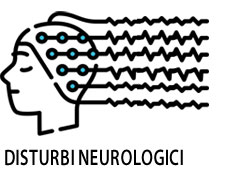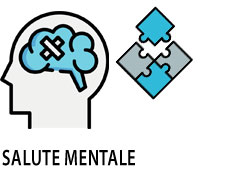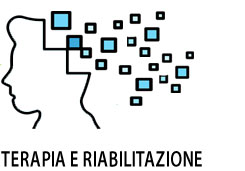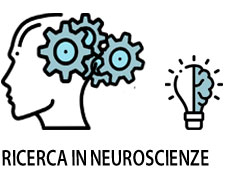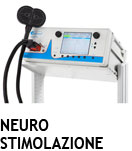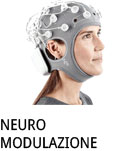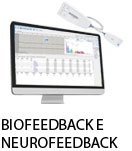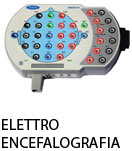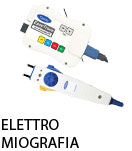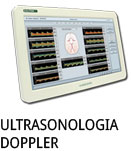- +39 011 5821948
- info@geasoluzioni.it
- Lun - Ven 8:00 - 17:30
Transcranial Direct Current Stimulation Facilitates Associative Learning and Alters Functional Connectivity in the Primate Brain
- Abstract:
- There has been growing interest in transcranial direct current stimulation (tDCS), a non-invasive technique purported to modulate neural activity via weak, externally applied electric fields. Although some promising preliminary data have been reported for applications ranging from stroke rehabilitation to cognitive enhancement, little is known about how tDCS affects the human brain, and some studies have concluded that it may have no effect at all. Here, we describe a macaque model of tDCS that allows us to simultaneously examine the effects of tDCS on brain activity and behavior. We find that applying tDCS to right prefrontal cortex improves monkeys' performance on an associative learning task. While firing rates do not change within the targeted area, tDCS does induce large low-frequency oscillations in the underlying tissue. These oscillations alter functional connectivity, both locally and between distant brain areas, and these long-range changes correlate with tDCS's effects on behavior. Together, these results are consistent with the idea that tDCS leads to widespread changes in brain activity and suggest that it may be a valuable method for cheaply and non-invasively altering functional connectivity in humans
- Patologie/Applicazioni:
- Anno:
- 2017
- Tipo di pubblicazione:
- Articolo
- Parola chiave:
- neuromodulazione; stimolazione elettrica transcranica; corteccia prefrontale
- Testata scientifica:
- Current Biology
- Nota:
- Il lavoro descrive l'effetto della stimolazione elettrica transcranica sul modello animale (macaco). Applicando la tDCS sulla corteccia prefrontale si possono notare incrementi della performance dell'animale in esercizi di apprendimento associativo. La neuromodulazione prodotta dalla stimolazione suggerisce che possa essere un metodo valido e a basso costo per modulare in modo non invasivo i network corticali nell'essere umano.
- DOI:
- 10.1016/j.cub.2017.09.020
Hits: 2015
La nostra storia
GEA soluzioni si affaccia nel 2013 al mercato della strumentazione medicale di alto livello tecnologico ma la sua storia parte da più lontano, clicca qui per approfondire.
GEA SOLUZIONI SRL
via Issiglio 95/10, Torino
Tel.: 011 5821948 / 011 4463853
Fax: 011 0433281
Email: info @ geasoluzioni.it
P. IVA IT11696920013
REA TO1233648

